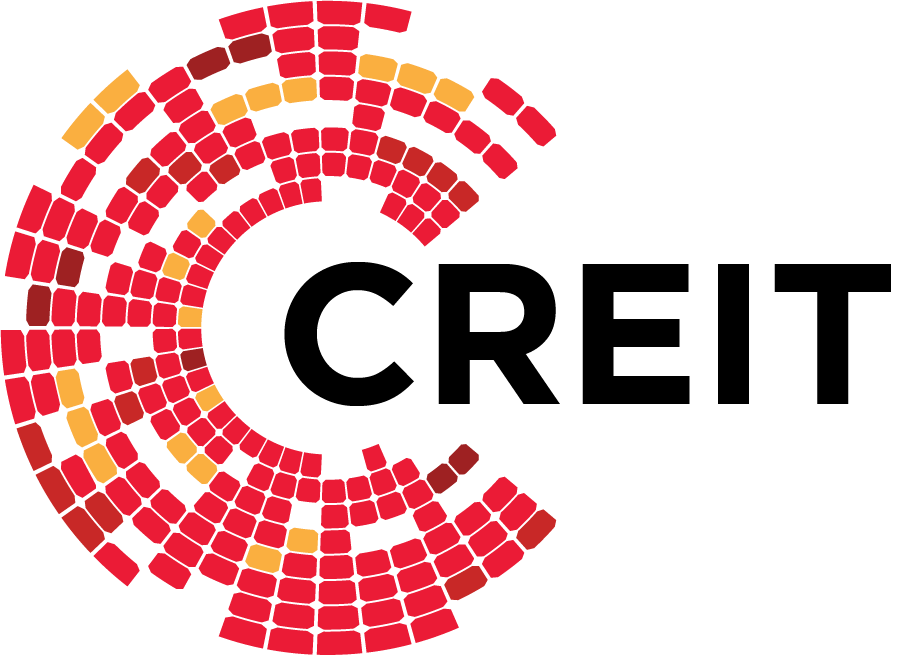Understanding the language of real estate investing is essential for making informed decisions—especially when it comes to Real Estate Investment Trusts (REITs). For many investors, terms like FFO, cap rate, and dividend yield may seem technical or unfamiliar at first. Hence, gaining clarity on these concepts is key to evaluating opportunities with confidence.
This guide provides a concise overview of essential REIT terms that every investor should know. Whether you're just beginning your investment journey or seeking to enhance your expertise, this glossary will help you navigate REIT discussions with greater ease and accuracy.
Why Knowledge of REITs Matters for Investors
When it comes to investing, having the right knowledge can open more doors for you. This is especially true with REITs. REITs allow people to invest in properties such as malls, offices, hotels, and warehouses without having to buy them directly. By simply buying shares of a REIT, investors have the capacity to earn from rental income and property value increases.
Understanding how REITs work helps investors make smarter decisions. It gives them more ways to grow their money while lowering risks. By adding REITs to their investment portfolios, people can enjoy steady income and benefit from the strength of the real estate market without the need to manage properties themselves.
In the Philippines, REITs are becoming more popular. Several big companies have already listed their REITs on the stock market, and more are expected to follow. Owing to this growth, it’s important for investors to stay updated. Knowing how REITs work, what terms are used, and how to spot good opportunities can help investors make the most of this rising market.
The bottom line is, whether you’re new to investing or looking to expand your options, learning about REITs is a smart move. It gives you the chance to build a stronger, more diverse portfolio and take part in the growing real estate market in the country.
Glossary of REIT Terms Every Investor Should Know
To confidently invest in REITs, it’s important to be familiar with the common words and phrases used in this market. Here’s a quick guide to help you understand the basic terms you’ll often encounter when dealing with REITs:
Adjusted Funds from Operations (AFFO)
A measure of a REIT’s recurring cash flow, calculated by adjusting Funds from Operations (FFO) to account for capital expenses needed to maintain properties.
Building Performance Standards (BPS)
Regulatory policies aimed at improving building energy efficiency and cutting greenhouse gas emissions.
Capitalization Rate
A percentage that shows the potential return on a property, calculated by dividing its net income by the purchase price. Higher cap rates usually mean higher risk and returns.
Carbon Accounting
The process of measuring and tracking an organization’s greenhouse gas emissions to manage its environmental impact.
Cash (or Funds) Available for Distribution (CAD or FAD)
An estimate of how much cash a REIT has left to pay dividends after covering necessary expenses.
Climate Risk/Sustainability Risk
Possible financial losses due to physical damage from climate events or changes in regulations and market preferences.
Commercial Mortgage-Backed Securities (CMBS)
Investments made up of pooled commercial property loans, offering fixed income to investors.
Commercial Real Estate (CRE)
Properties used for business purposes, like offices, malls, hotels, and warehouses.
Dividend Amount
The cash or stock payment each investor receives per share when a company distributes profits.
Dividend Yield
A percentage showing how much a company pays in dividends relative to its stock price, indicating income potential.
DownREIT
A REIT structure similar to an UPREIT, but the REIT owns properties outside of its partnership with property owners.
EBITDA
Stands for Earnings Before Interest, Taxes, Depreciation, and Amortization — a measure of a company’s profitability from core operations.
EBITDAre
A real estate version of EBITDA, adding back interest, taxes, depreciation, and amortization to net income, specifically for property companies.
Elective Stock Dividends
Dividends where shareholders can choose to receive either cash, stock, or a mix of both.
Energy Use Intensity (EUI)
A figure showing how much energy a building uses relative to its size, used to measure energy efficiency.
Equity REIT
A REIT that owns and operates income-generating real estate, such as apartments, offices, and shopping centers.
Ex-Dividend Date
The cutoff date to qualify for the next dividend. Buy before this date to receive the upcoming payout.
Funds from Operations (FFO)
The standard way to measure a REIT’s earnings, adding back depreciation and subtracting gains from property sales.
Green Lease
A rental contract with terms promoting eco-friendly practices like energy saving and waste reduction.
Market Capitalization
The total market value of a company’s shares, calculated by multiplying the stock price by the number of outstanding shares.
Mortgage REIT (mREIT)
A REIT that invests in property loans and mortgages instead of owning physical properties.
Net Asset Value (NAV)
The value of a company’s assets after subtracting liabilities — a key figure for determining REIT worth.
Private REIT
A REIT not listed on a stock exchange, usually offered to a limited number of accredited investors.
Public Non-Listed REIT (PNLR)
A REIT registered with regulators but not traded on the stock market. It allows public investment but is less liquid.
Public REIT
A REIT available for anyone to invest in through a stock exchange, offering transparency and accessibility.
Real Estate Investment Trust (REIT)
A company that owns, operates, or finances income-producing properties, sharing most earnings with investors.
Rotation Schedule
A process used by some fund sponsors to decide which fund receives a new investment opportunity next.
Total Return
The overall gain from an investment, combining dividend income and stock price increases.
UPREIT
A structure where property owners contribute their real estate to a partnership managed by a REIT in exchange for units, with the REIT usually acting as the general partner.

Grow Your Investment Portfolio with Renewable Energy REITs
If you’re looking for a practical way to strengthen and diversify your investment portfolio, renewable energy REITs are a smart option to consider. These investment vehicles give you access to income-generating properties that support clean energy projects such as solar farms and wind facilities. As the demand for renewable energy continues to rise, these REITs offer the potential for steady returns while contributing to a more sustainable future. It’s a meaningful way to grow your investments while supporting industries that matter.
At Citicore Energy REIT (CREIT), we take pride in being the Philippines’ first and leading renewable energy REIT. Our portfolio is made up of high-quality, income-generating solar properties that deliver reliable, long-term lease income. By investing in CREIT, you’re not only securing regular dividends, you’re also actively supporting the country’s transition to clean, renewable energy. Join us as we build a greener, brighter future, and let’s grow your portfolio the sustainable way. Contact us now!


